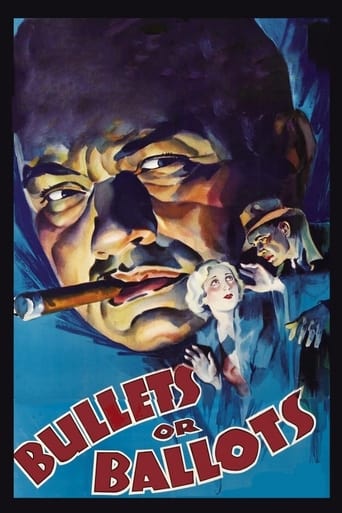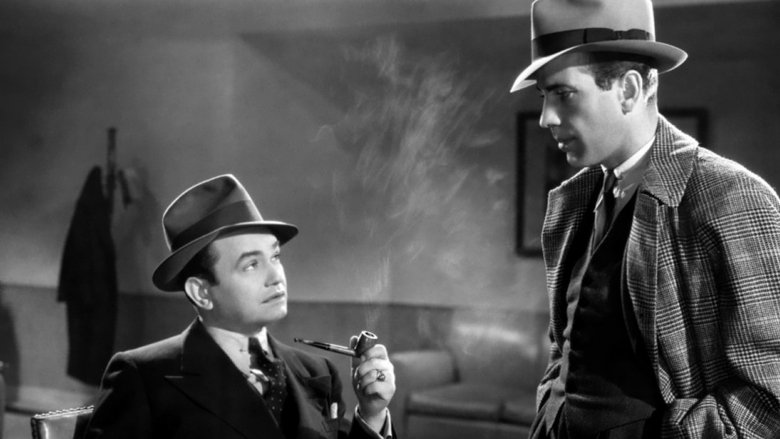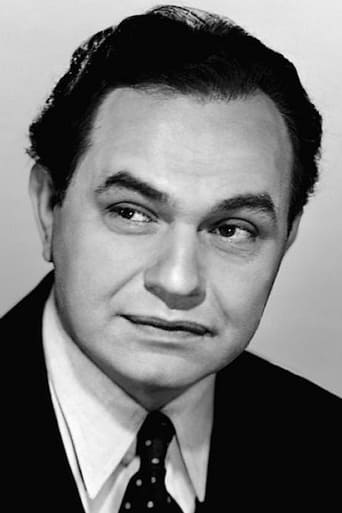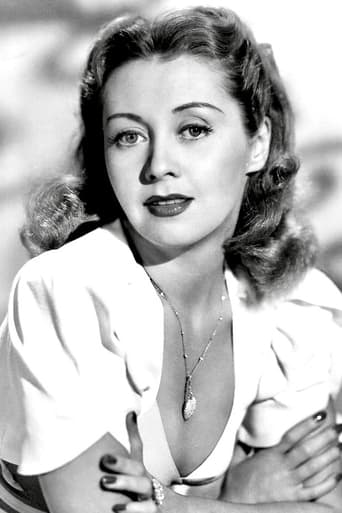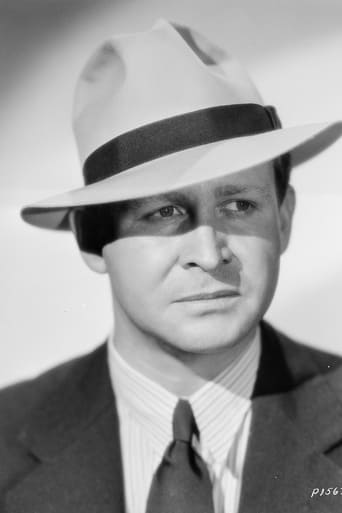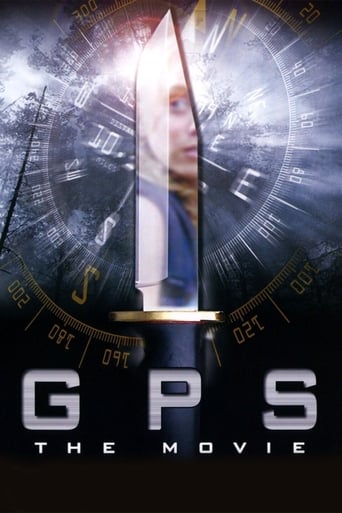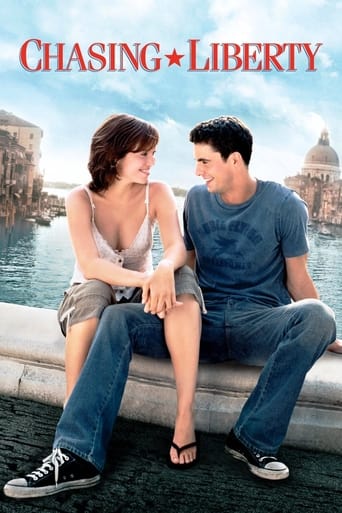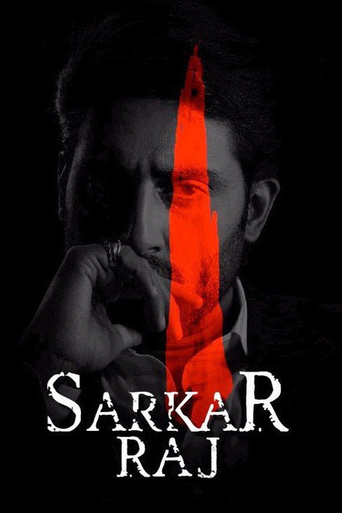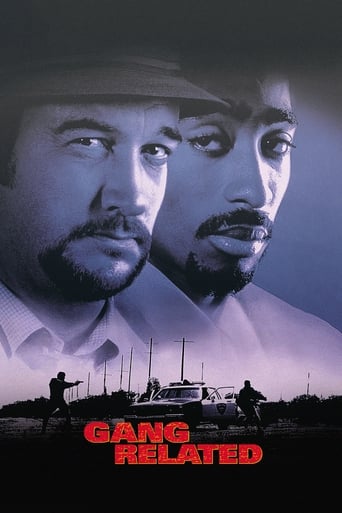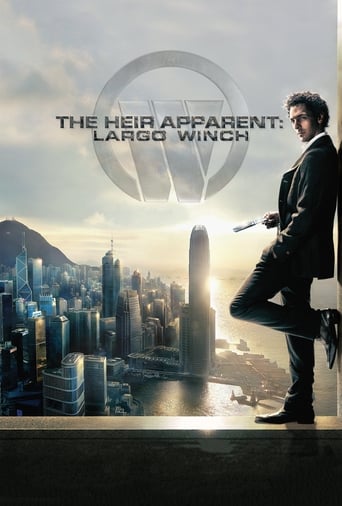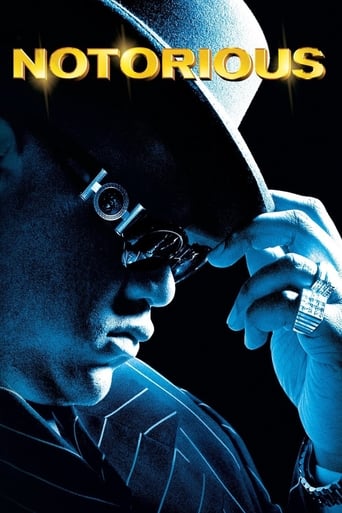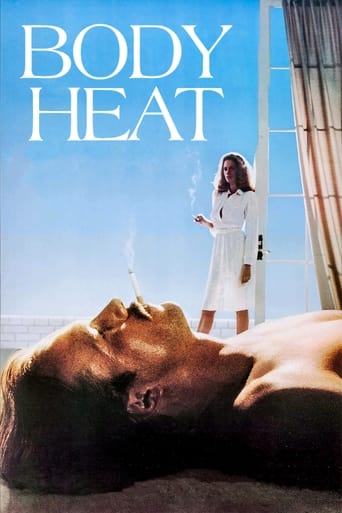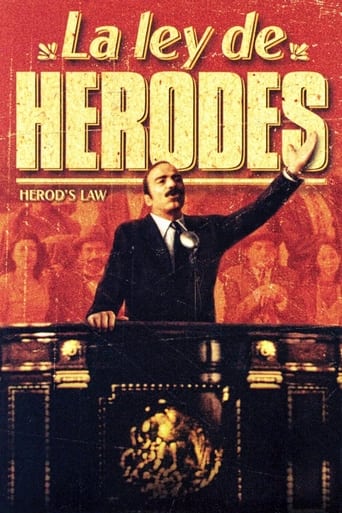Bullets or Ballots (1936)
After Police Captain Dan McLaren becomes police commissioner, former detective Johnny Blake publicly punches him, convincing rackets boss Al Kruger that Blake is sincere in his effort to join the mob. "Bugs" Fenner, meanwhile, is certain that Blake is a police agent.
Watch Trailer
Free Trial Channels
Cast


Similar titles
Reviews
I gave it a 7.5 out of 10
The movie turns out to be a little better than the average. Starting from a romantic formula often seen in the cinema, it ends in the most predictable (and somewhat bland) way.
There are moments in this movie where the great movie it could've been peek out... They're fleeting, here, but they're worth savoring, and they happen often enough to make it worth your while.
Actress is magnificent and exudes a hypnotic screen presence in this affecting drama.
Throw in Joan Blondell, Barton MacLane and Frank McHugh (just for laughs), and you've got an enjoyable - if somewhat formulaic - crime drama from the 1930's. While there are some differences between it and others that feature James Cagney (many directed by Michael Curtiz), Bullets or Ballots (1936) was in the more than capable hands of genre veterans: director William Keighley and writer Seton I. Miller.The film opens by detailing just how deeply ingrained the mob has become in this country's everyday activities, skimming pennies from virtually every financial transaction (even pinball machines in ice cream parlors) and accumulating profits that exceed the US Treasury. Johnny Blake (Robinson) is a tough guy cop in one big city whose reputation is feared among all the hoods but, because of rampant corruption at the highest levels of law enforcement, has been relegated to handling petty crimes.While he was the scourge of mobsters, Johnny earned a reputation as a stand-up guy with integrity that even crime boss Al Kruger (MacLane) respected, the two maintaining a cordial relationship. Lee Morgan (Blondell), a nightclub owner that runs a small numbers game that her associate Nellie (Louise Beavers) 'invented', is dismayed that her friend Johnny has accepted his more humble role. McHugh provides comic relief as Lee's incompetent math-challenged assistant Herman.When a new independent police Captain Dan McLaren (Joseph King) is appointed to finally break the mob's stranglehold on society, Johnny is among those that's let go in the house cleaning; he's deemed no longer effective. This gives Kruger an opportunity to bring in Johnny as his new second-in-charge lieutenant; he's become wary of his current too ambitious right-hand man Fenner (Bogart). Fenner and his thugs don't trust Johnny, especially given McLaren's early successes, so they tail Johnny hoping to prove he's a snitch.If you're a fan of what was largely the Warner Brothers' bread-and- butter genre, you should enjoy this 80+ minute movie without being bothered that its title has almost nothing to do with the proceedings.
A solid, non-formulaic Warners gangster flick, "Bullets Or Ballots" showcases Edward G. Robinson in one of his most tough-nosed performances, as a cop-turned-gangster who won't be outmuscled, not even by Humphrey Bogart in one of HIS most tough-nosed roles."Finally got wise to you," Bogart's Bugs Fenner tells Robinson's Johnny Blake at one point. "You're through.""Oh no, I'm just starting," is Blake's cool reply. And he is."Bullets Or Ballots" has some problems, starting with that title. A reform-minded journalist makes a point early that "They rule by the fear of their bullets - they must be smashed by the power of your ballots." One might expect a movie where Robinson plays an honest alderman up against a crooked mayor, a la Jimmy Walker (the movie is set in New York City).It's not like that at all. Instead, the journalist is gunned down seven minutes in, and the rest of the film is set up when Blake is thrown off the force for "inefficiency". If he can't beat the mugs, he might as well join them. Rico he's not."Bullets Or Ballots" is a different kind of mob movie that way, and in other ways, too. Director William Keighley de-emphasizes gunplay in favor of sit-down confrontations. The script, by veteran Hollywood scripter Seton I. Miller and former crime reporter Martin Mooney, spends much time going over how criminal enterprises actually operate, with numbers games, pinball rackets, and money counters behind hidden walls. It even suggests a reality where the true mob masterminds are disguised as capitalist plutocrats. "The pillars of the community are the pillagers" is how Dana Polan puts it in his useful DVD commentary.Bugs is not the leader of the mob Blake winds up in; rather he's a hard-charging number-two to Barton MacLane's more civil-minded Al Kruger. The difference between Fenner and Kruger reflects a different take on gangster life, that bad guys aren't necessarily nasty men and in fact can be more dangerous and larcenous by eschewing obvious thuggery. Bogart does a great job playing against this as what Kruger calls "a strong-arm gangster" determined to prove Blake is still a cop working undercover. His scenes with both Robinson and MacLane are among the best in the movie.Robinson is the man, though, his Blake a character of total sureness and cool under pressure. Even when you think he may be less than on the level, you can't help admiring and rooting for Blake. "You don't miss much," Kruger asks him, and he doesn't.I wouldn't have missed the weak female-friendly subplot with Joan Blondell or lame comic relief bits with Frank McHugh as a character who can't remember names or add numbers. Joe King plays the new police boss who throws Blake off the force about as stiff as a pair of cement overshoes.But like Polan says, this film moves like lightning and asks some interesting questions about law enforcement in a free society. More important, it offers Robinson plenty of chances to throw his weight around. Nobody threw their weight around like him.
Edward G. Robinson stars as a tough detective, based on a real character, in "Bullets or Ballots," a 1936 film also starring Joan Blondell, Humphrey Bogart, Barton MacLane, and Frank McHugh.Robinson plays Johnny Blake, modeled after a real police officer, Johnny Broderick, who worked in New York City. As in the film, the character has a highly public firing so he can work with an organized crime group running illegal games.Bogart plays an ambitious gang member who intends to get rid of anyone in his way of taking over the organization - he starts with a newspaperman and goes from there.Warners made such great use of its character actors, using their versatility to great advantage. Cagney, Robinson, Bogart, all started out as villains but branched out into other kinds of roles.Strong performances by Robinson and Bogart - a good gangster flick.
This is one of the few gangster classics from that genre's golden era and featuring its iconic stars which was never available in my neck of the woods until it surfaced on DVD. It was also the first of five films teaming (or rather pitting one against the other) Edward G. Robinson and Humphrey Bogart; the former was the real star and he was already starting to branch out from gangster roles the latter was still a supporting actor (having just had his big break with THE PETRIFIED FOREST [1936]) and five more years would pass till he achieved his long-deserved stardom (nevertheless, in spite of the lack of range offered by the scripts for these type of roles, Bogie always made an impression at it).By this time, the Hays Code had come down on Hollywood for their glorification of the gangster; Warners had pulled a clever switch with "G" MEN (1935), where these same crimes were presented from the viewpoint of law enforcement officers (that film had also been helmed by this film's director, William Keighley, and starred another of the great genre actors, James Cagney). In this case, the narrative allowed Robinson as an undercover cop to still be involved in the criminal activity, and rise through the ranks as always, without taking active part in them: however, censorship of the time still dictated that his character had to die at the end (unless it was a way of showing the risk inherent in such police work). Interestingly, Keighley would return to a similar situation this time revolving around the F.B.I. many years later with the noir THE STREET WITH NO NAME (1948), which I've just watched as part of my ongoing tribute to Richard Widmark; having mentioned the noir, while I admire the vitality and raw power of the gangster films, their limited plot lines rather prevents them from having the same pull of the fatalistic thrillers often involving tortuous plots and where the protagonists apart from the dark city streets could be as much a private detective as the next man, but always gullible and at the mercy of a femme fatale... To go back to BULLETS OR BALLOTS, the film is typically fast-moving it's not just the action that crackles but the dialogue as well and, while some of the edge of the very earliest gangster pictures, has been lost by way of repetition (and the standards of the Code), it's still a satisfactory and highly entertaining entry. For the record, two of the very best efforts in this influential genre were still a couple of years away namely ANGELS WITH DIRTY FACES (1938) and THE ROARING TWENTIES (1939), both with Cagney as an anti-hero and Bogie ever the irredeemable and duplicitous mobster. Here, alongside the two stars, are Joan Blondell as Robinson's on-off girl on whom Bogart has his eyes as well (interestingly, she's got her own particular racket going!), Barton MacLane as the big boss whom Bogart is forever trying to oust (again, a role he would often play) and Frank McHugh providing the comic relief (ditto).

